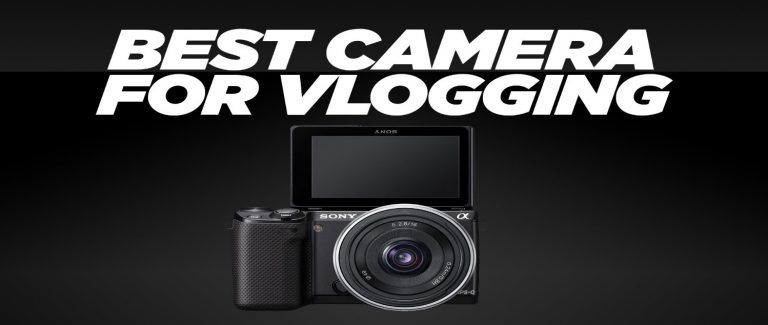The Ultimate Guide to Buy the Best Inverter in India
Inverter buying can be a daunting task if you have no or very little knowledge about the inverter technologies, VA Rating and other such important aspects of inverter buying.
And since the shopkeepers may be busy attending to customers because of the heavy footfall during the summer season, chances are that they may not be in a position to explain everything to you in detail. Therefore, to help you understand the basics of buying the best inverter in India, we have listed a few important things that you should know before you go shopping for an inverter.
Things You Should Know Before You Buy an Inverter
- Inverter Technology
- Your Load Requirement
- Difference between 12, 24, and 48 volt UPS inverter
Inverter Technology
Inverter technology is one of the most important things to consider at the time of buying an inverter. Typically, inverters are available in two technologies
- Sine Wave
- Square Wave
Now the question arises: What are they and how are they different from each other?
Let us first try to understand what an inverter does. An inverter’s primary function is to convert DC (Direct Current) to AC (Alternating Current). Better the conversion, better the inverter.
For example, the SIne Wave Inverter’s output is very close to the required Alternating Current as compared to the Square Wave Inverters.
Square Wave inverters on the other hand are unable to produce Alternating Current as pure as the current produced by Sine Wave inverters. In fact, the devices get heated up and they also produce a humming noise when powered by a square wave inverter.
Here’s a table to help you understand the difference between Square Wave and Sine Wave Inverters in a more easier manner.
| Feature | Square wave inverter | Sine wave inverter |
| Supported Appliances | Motors | Laptops, personal computers, refrigerators and ovens |
| Sound/Noise | Creates a humming noise in inverter and appliances | Normal. Same as one produced when powered by the local grid |
| Appliance Safety | Less | High |
| Pricing | Budget friendly | Slightly Expensive |
Calculating Load Requirement
The first thing you should know before you go shopping for an inverter is your “power requirement”. To calculate your power requirement you first need to figure out what electrical appliances (like CFL, tube lights, fan, television, computer, refrigerator etc.) you would need during a power cut.
So let’s say you would require the following items during a power outage.
3 Fans (70 Watts each) = 3*70 = 210 Watts
3 Tube lights (40 Watts each) = 3*40 = 120 Watts
8 LED lights (7 Watts each) = 8*7 = 56 Watts
1 television (70 Watts each) = 1*70 = 70 Watts
1 refrigerator (140 Watts each) = 1*140 = 140 Watts
On adding these up you will get a total power requirement of 596 Watts.
Calculating VA Rating of an Inverter
The full form of VA is Volt Ampere.
VA Rating (power supplied) of an inverter is a measure of its voltage and current supplying capacity. Higher the VA Rating of an inverter, higher the inverter’s capacity to run peak load.
The VA Rating of an inverter is calculated by dividing the power requirement by the power factor.
Note – Power factor ranges between 0.65-0.8 for residential setups.
So if the power requirement (as calculated above) is 596 Watts and the power factor is 0.7 then
VA Rating = Power requirement (power consumed by equipment in watts) / Power factor = 596/0.7 = 851 VA
To keep some room for expansion (in terms of increase in peak load) in the future, we will go with a 900 VA inverter in this case.
What is the difference between 12, 24, and 48 volt UPS?
Inverters are rated in VA and Volt . We already discussed what’s a VA Rating of an inverter and how it helps determine the peak load running capacity of an inverter.
Similarly 12, 24 and 48 volts indicate the required number of batteries to run an inverter. Typically one battery is 12 Volt.
This means a 12 volt inverter uses 1 battery, a 24 volt inverter means 2 batteries and a 48 volt inverter means 4 batteries.
So next time when a seller recommends a 24 volt and 1500 VA inverter to you, it means you need an inverter with a VA rating of 1500VA and two batteries.
Want to Buy the Best Inverter in India?
If you are looking to buy the best inverter in India and are unsure about what brand to choose, we recommend you to check out the wide range of inverters Luminous has to offer. The best part is that if you have a high power requirement where you need to run air conditioners, washing machines and other heavy duty equipment Luminous is one of the few brands that can cater to your need.



